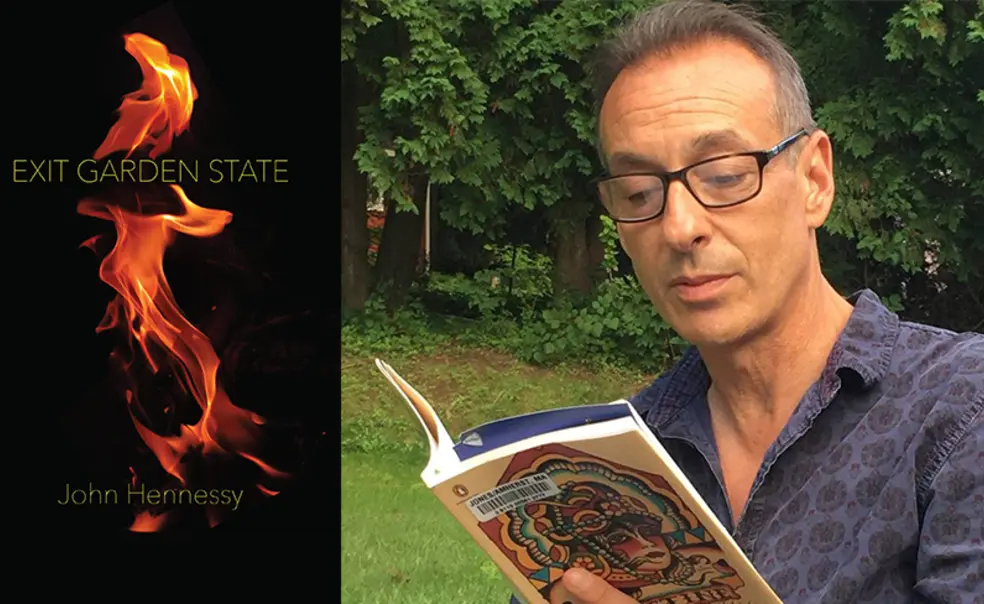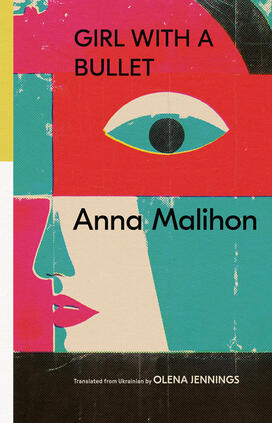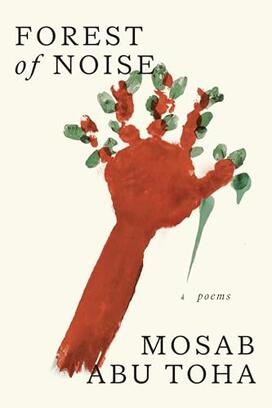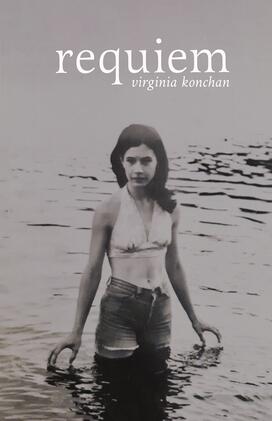‘Garden State’ Writer John Hennessy ’87 Recommends Poetry
John Hennessy ’87 is an author, poet, and English professor at the University of Massachusetts Amherst. Drawing on his studies of English at Princeton, Hennessy teaches courses ranging from poetry to nonfiction literature. He has published three collections of poetry, most recently Exit Garden State, a volume deeply inspired by his New Jersey upbringing.
In another life, I join the hierophants
of New Jersey, drink petrochemical winds
swirling across Route One, a new Delphi,
speak their ethylene mysteries.
— Hennessy, “In Another Life” Volume 65, Issue 1 (Spring 2024)
Hennessy’s fervor for New Jersey made him an obvious choice for PAW’s Three Books, and his recommendations show all the depth expected of one with the ability to romanticize the Garden State. PAW asked Hennessy to recommend three books of poetry for readers, and he chose these:















No responses yet